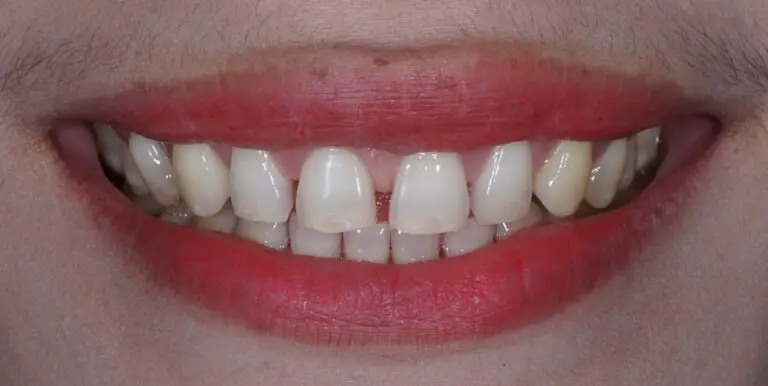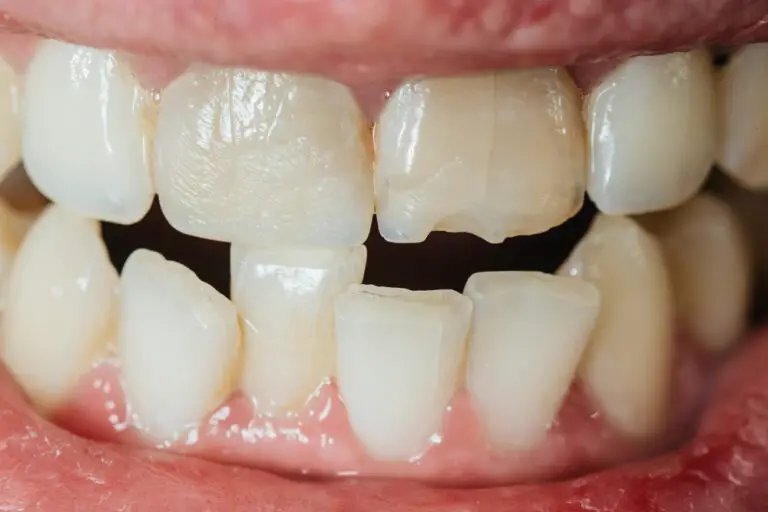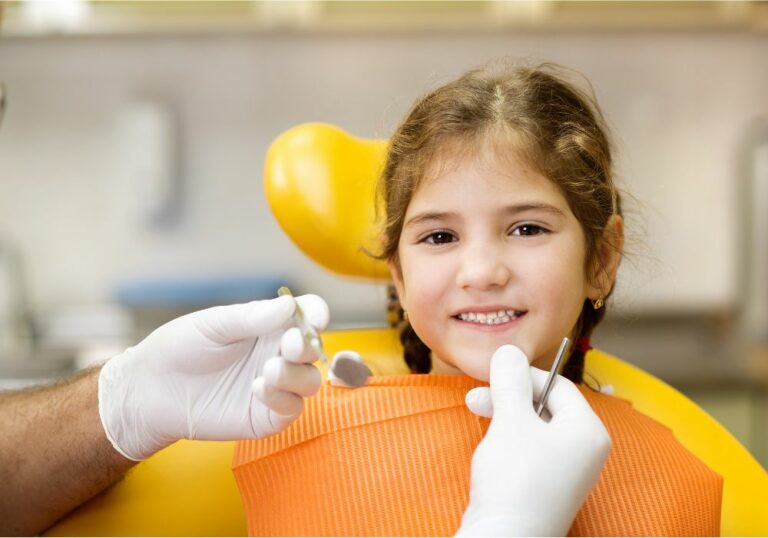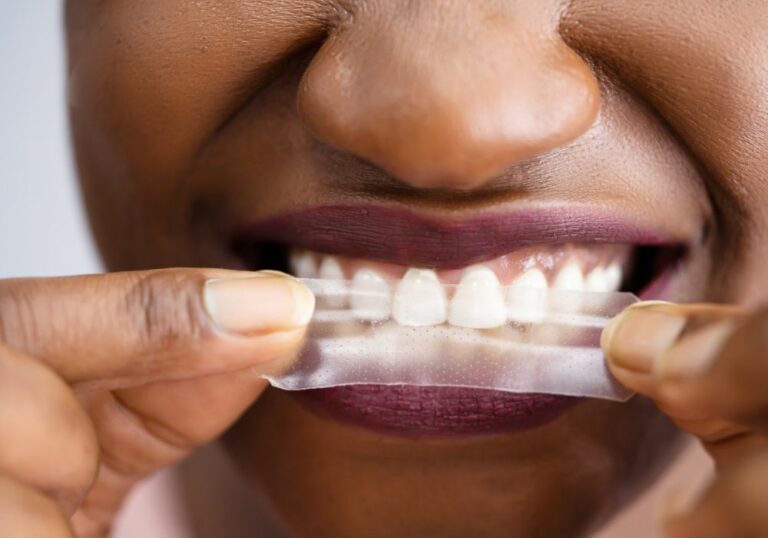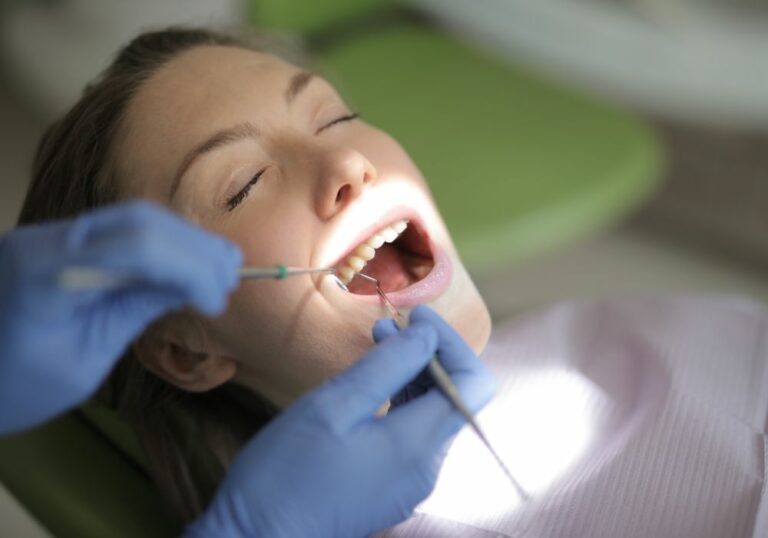Do you ever wonder how common it is to have a full set of 32 teeth? While it may seem like having 32 teeth is the norm, the truth is that many people have fewer teeth than that. In fact, it’s not uncommon to have anywhere from 28 to 32 teeth, including wisdom teeth.
So why do some people have fewer teeth? There are a few reasons. Some people may have had teeth removed due to decay or other dental issues, while others may have been born with fewer teeth. Additionally, some people may have teeth that never fully developed or erupted, resulting in a smaller overall number of teeth. Despite these variations, having a slightly different number of teeth doesn’t necessarily mean that you have poor dental health.
Understanding Human Dentition
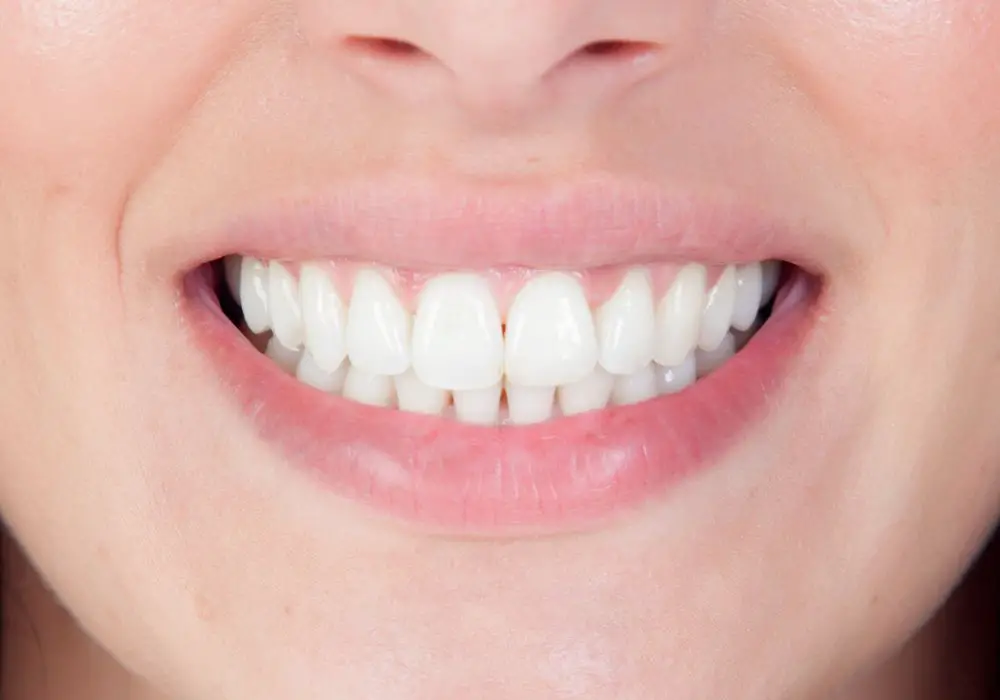
When it comes to human dentition, there are a few things to understand. Teeth play an important role in our daily lives, from helping us chew our food to speaking properly. Understanding the number and types of teeth we have can help us take better care of our oral health.
The Role of 32 Teeth
The average adult has 32 teeth, which are divided into four types: incisors, canines, premolars, and molars. Each type of tooth plays a different role in chewing and grinding food.
- Incisors: These are the eight front teeth in your mouth and are used to bite into food.
- Canines: Also known as cuspids, these four teeth are located on either side of the incisors and are used to tear food.
- Premolars: These eight teeth are located between the canines and molars and are used to crush and grind food.
- Molars: These are the 12 teeth at the back of your mouth and are used to grind and chew food.
It’s important to take care of all 32 teeth to maintain good oral health. Brushing and flossing regularly can help prevent decay and gum disease. Regular dental checkups are also important to catch any potential issues early.
In some cases, individuals may have fewer than 32 teeth due to genetics or dental issues. This can lead to problems with chewing and speaking, and may require dental interventions such as implants or dentures.
Overall, understanding the role of 32 teeth in human dentition can help you take better care of your oral health. By maintaining good dental hygiene and seeking regular dental care, you can keep your teeth healthy and strong for a lifetime.
Prevalence of 32 Teeth
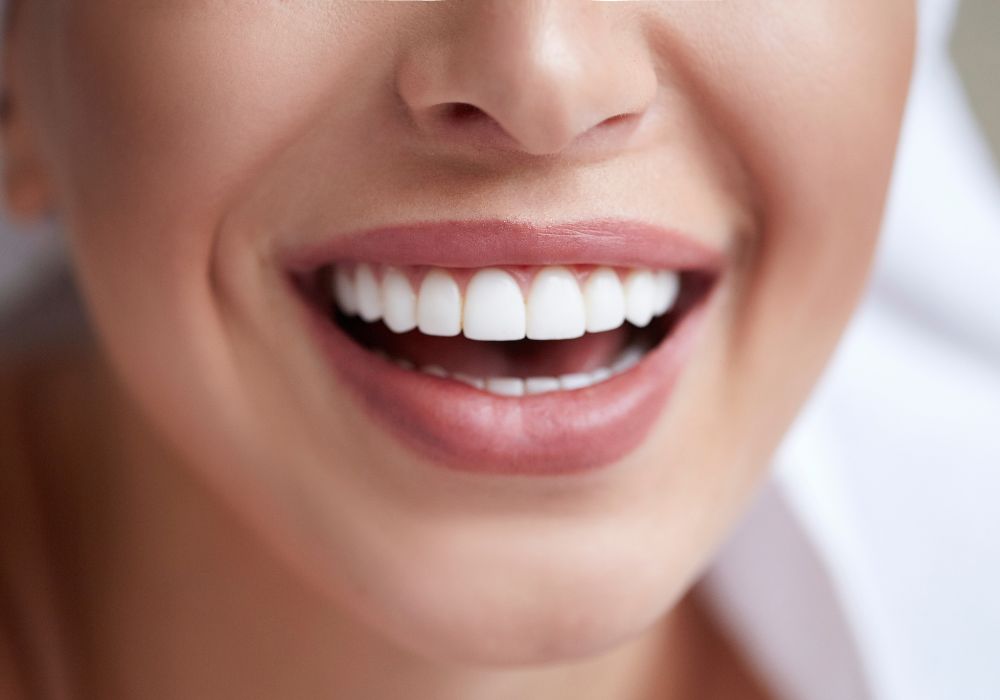
As you may already know, the average adult human has 32 teeth. However, not everyone has the same number of teeth, and there are a few factors that can affect the number of teeth a person has. In this section, we’ll take a closer look at the prevalence of 32 teeth, including some global statistics and age and gender differences.
Global Statistics
According to the National Institute of Dental and Craniofacial Research, the prevalence of tooth loss in adults has decreased over time. In the early 1970s, about 40% of adults aged 20-64 had lost all of their teeth. By the latest cycle of the National Health and Nutrition Examination Survey oral health examination (2011-2016), that number had dropped to about 7%. This suggests that the vast majority of adults have at least some of their natural teeth.
As for the number of teeth, a study published in the Journal of Dental Research found that the average number of teeth in adults varies by country. For example, adults in the United States have an average of 25.2 teeth, while adults in Japan have an average of 28.5 teeth. However, the study found that the prevalence of 32 teeth is relatively consistent across countries, with about 50-60% of adults having a full set of 32 teeth.
Age and Gender Differences
As we age, we are more likely to experience tooth loss. According to the National Institute of Dental and Craniofacial Research, about 30% of adults aged 65-74 have lost all of their teeth. However, even among older adults, many still have some of their natural teeth. In fact, the same study found that about 25% of adults aged 65-74 have 21 or more teeth.
Gender can also play a role in the number of teeth a person has. A study published in the Journal of Oral Science found that men tend to have more teeth than women. The study looked at a sample of Japanese adults and found that men had an average of 27.9 teeth, while women had an average of 26.4 teeth. However, the study also found that the prevalence of 32 teeth was similar between men and women.
Overall, while the number of teeth a person has can vary based on age, gender, and other factors, the majority of adults have at least some of their natural teeth, and about half have a full set of 32 teeth.
Factors Influencing Tooth Count
The number of teeth in humans typically ranges from 28 to 32. While 32 teeth are considered the norm, not everyone has a full set of teeth. Factors influencing tooth count can be divided into two categories: genetic factors and environmental factors.
Genetic Factors
Genetics plays a significant role in determining the number of teeth a person has. Tooth agenesis, the congenital absence of one or more permanent teeth, is mainly attributed to genetic factors. Studies have shown that variations in several genes, including PAX9, MSX1, and AXIN2, are associated with tooth agenesis.
Environmental Factors
Environmental factors can also influence tooth count. Poor nutrition during early childhood can lead to delayed tooth development and a lower number of teeth. Conversely, excessive weight gain during pregnancy has been associated with a higher number of teeth in children. Smoking during pregnancy can also lead to a lower number of teeth in children.
Other environmental factors that can affect tooth count include birth weight, head size, and oral hygiene practices. Research has shown that powered toothbrushing and inter-dental cleaning can increase the number of teeth and promote oral health.
In conclusion, while genetics plays a significant role in determining tooth count, environmental factors can also have a significant impact. Maintaining good oral hygiene practices and a healthy diet can help promote healthy tooth development.
Impacts of Having Less Than 32 Teeth
If you have less than 32 teeth, it can have both physical and psychological impacts on your life. In this section, we will discuss these impacts in detail.
Physical Impact
Having less than 32 teeth can affect your ability to chew food properly, which can lead to digestive problems. It can also cause uneven wear on your remaining teeth, which can result in jaw pain and headaches. Furthermore, missing teeth can cause bone loss in your jaw, which can affect the structure of your face and make you look older.
One way to address the physical impacts of having less than 32 teeth is to get dental implants or dentures. Dental implants are artificial teeth that are surgically placed into your jawbone, while dentures are removable false teeth. Both options can help restore your ability to chew and improve the appearance of your smile.
Psychological Impact
Having less than 32 teeth can also have a psychological impact on your life. It can affect your self-esteem and confidence, especially if the missing teeth are visible when you smile or talk. You may feel embarrassed or self-conscious about your appearance, which can lead to social anxiety and isolation.
To address the psychological impacts of having less than 32 teeth, you may want to consider cosmetic dentistry. Cosmetic dentistry can help improve the appearance of your teeth and make you feel more confident about your smile. Some options include teeth whitening, veneers, and bonding.
In conclusion, having less than 32 teeth can have both physical and psychological impacts on your life. If you are experiencing any of these impacts, it is important to talk to your dentist about your options for treatment. With the right care and treatment, you can improve your oral health and overall well-being.
Promoting Healthy Dentition
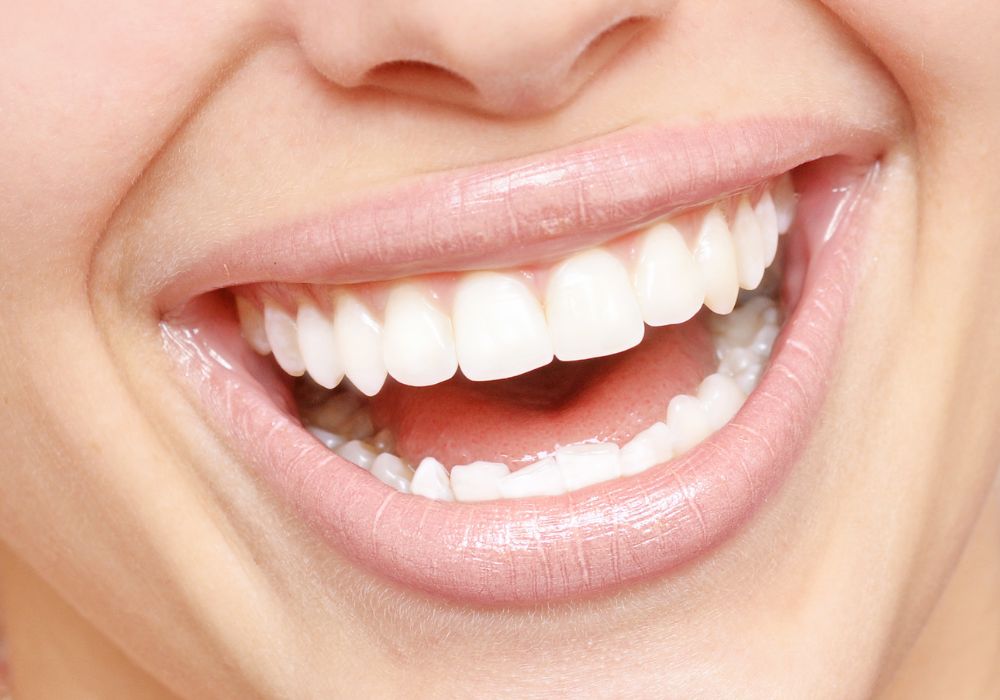
Maintaining healthy teeth is essential for overall health and well-being. Here are some tips to help you promote healthy dentition:
- Brush your teeth twice a day with fluoride toothpaste. Use a soft-bristled toothbrush and brush for at least two minutes each time.
- Floss daily to remove plaque and food particles from between your teeth.
- Use mouthwash to kill bacteria and freshen your breath.
- Limit sugary and acidic foods and drinks, as they can erode your tooth enamel and lead to cavities.
- Eat a balanced diet that includes plenty of fruits, vegetables, and calcium-rich foods to strengthen your teeth.
- Visit your dentist regularly for check-ups and cleanings. Your dentist can detect and treat any dental problems early on, before they become more serious.
By following these simple steps, you can help ensure that your teeth stay healthy and strong for years to come. Remember, good oral hygiene is an important part of your overall health and well-being.
Frequently Asked Questions
How common is a third set of teeth?
A third set of teeth, also known as supernumerary teeth, are not very common. This extra set of teeth can occur in both adults and children, but it is more common in children. It is estimated that only about 1-4% of the population has supernumerary teeth.
How many teeth do adults have without wisdom teeth?
Adults typically have 28 teeth without their wisdom teeth. This includes 8 incisors, 4 canines, and 8 premolars. These teeth are divided into two arches: the upper (maxillary arch) and the lower (mandibular arch).
How many teeth does a child have?
Children have 20 primary teeth, also known as baby teeth. These teeth are eventually replaced by permanent teeth, of which there are 32 in total.
Extra tooth growing in back of mouth?
If you have an extra tooth growing in the back of your mouth, it is likely a wisdom tooth. Wisdom teeth typically emerge between the ages of 17 and 25, but not everyone develops them. In some cases, supernumerary teeth can also grow in the back of the mouth.
Do supernumerary teeth need to be removed?
Supernumerary teeth do not always need to be removed. It depends on the location of the tooth and whether it is causing any problems. If the tooth is causing overcrowding or other dental issues, it may need to be extracted.
Is it normal to have only 28 teeth instead of 32?
Yes, it is normal to have only 28 teeth instead of 32 if your wisdom teeth have been removed. Some people may also have congenitally missing teeth, which means they were born without certain teeth.


